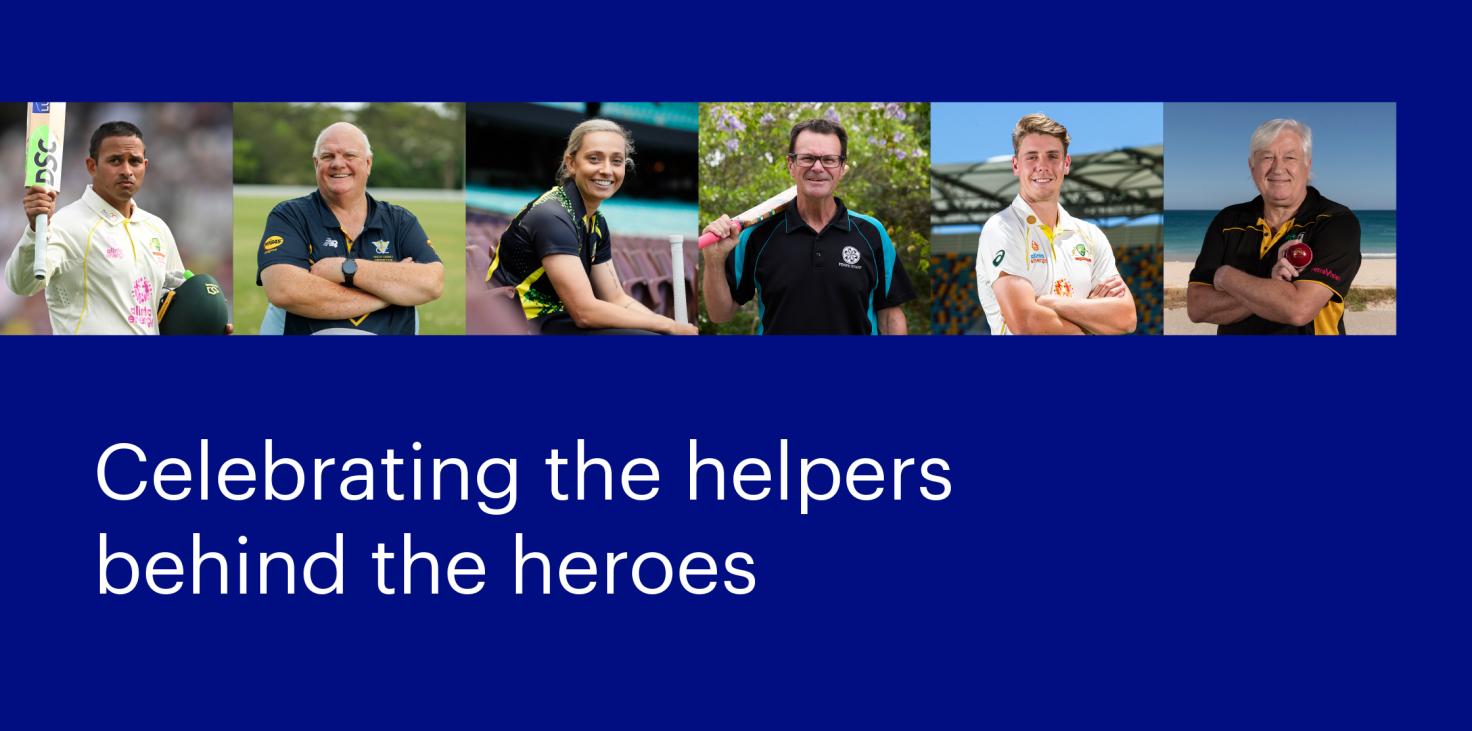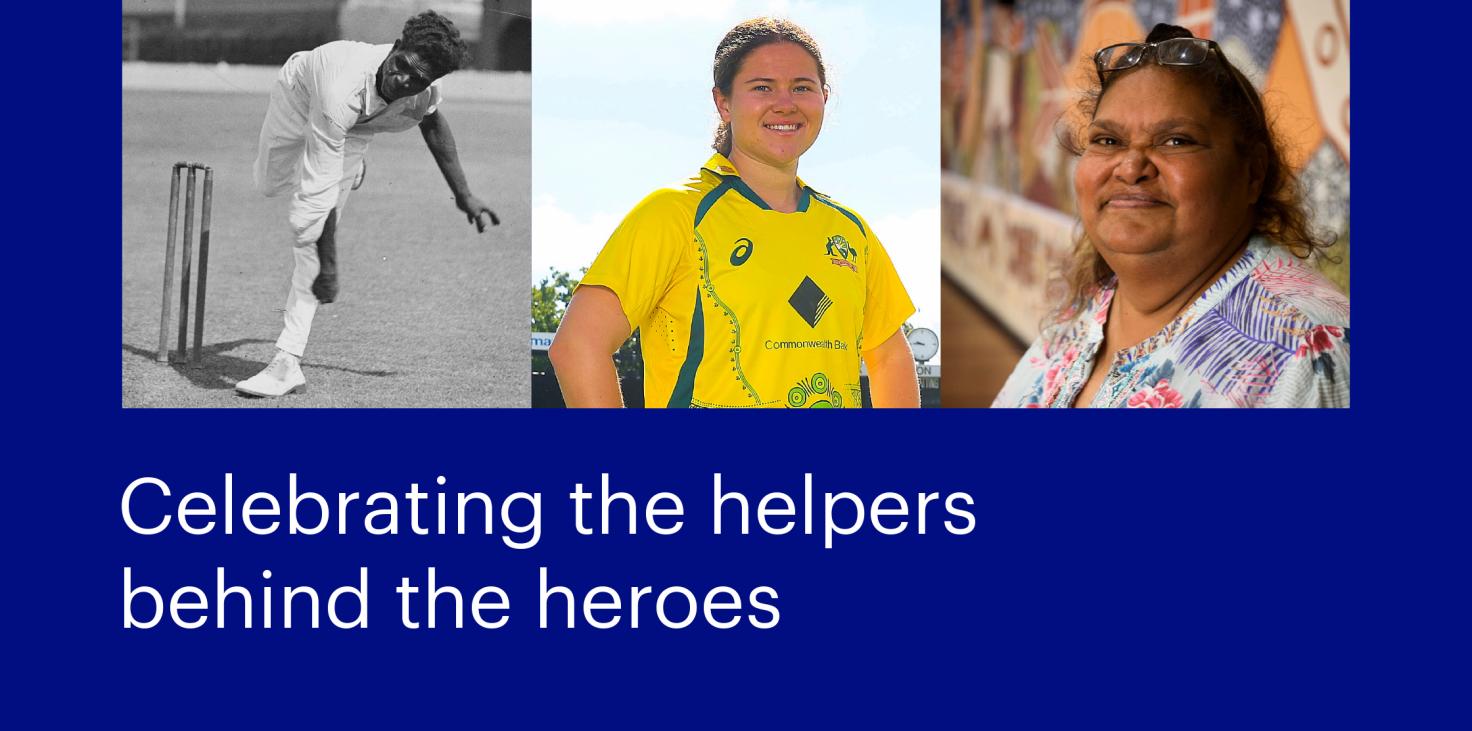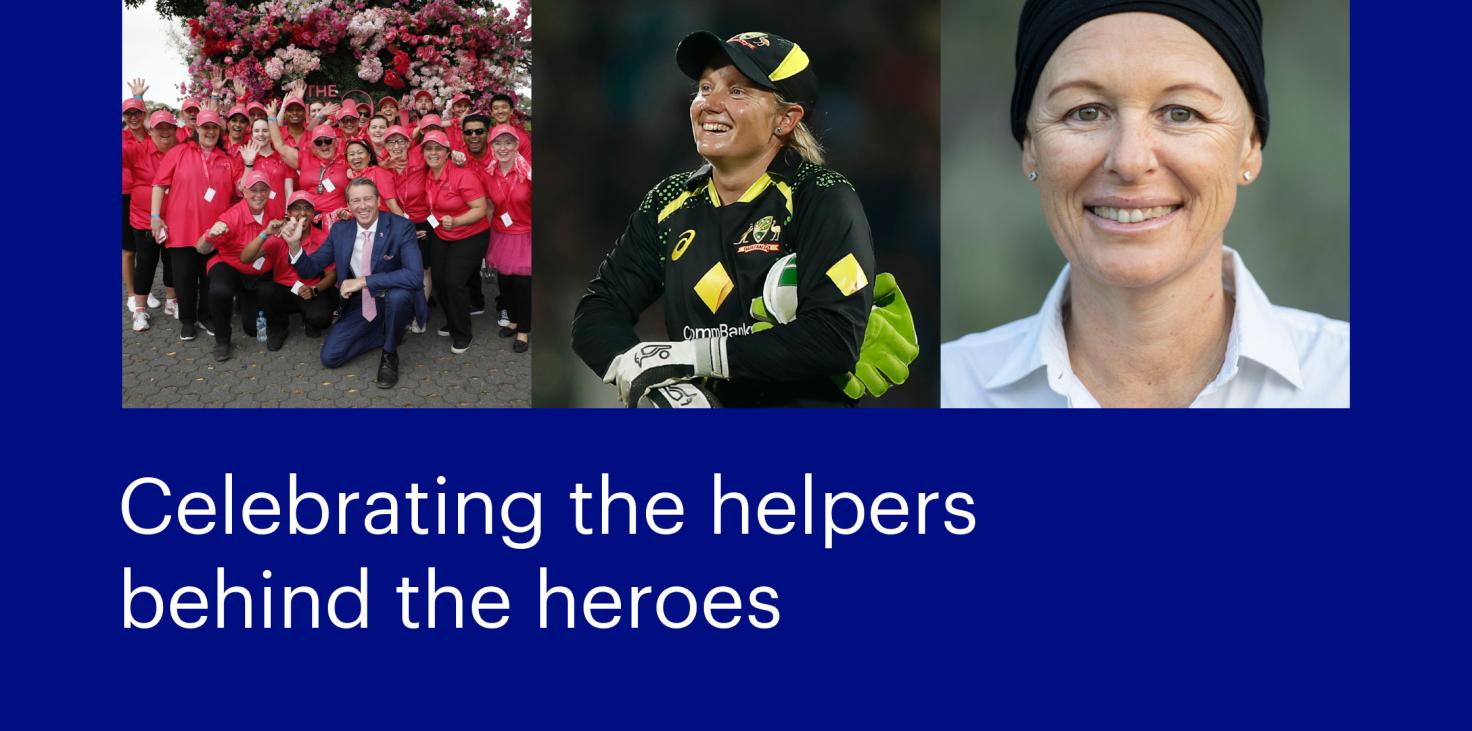This article was originally published in December 2020 and has been updated.
Share this story:
“These animals need help,” says wildlife carer John Lyle. “It’s in my nature to help them. I can’t explain why I’m like that. But I am. And if I didn’t do it, they’d die.”
John and his wife Sandra run Monty’s Rest Wildlife Refuge at Porters Retreat, near Oberon. It’s here they look after animals, mostly kangaroos, that are injured, orphaned or need help in some other way.
Often, these animals have been caught in fences or hit by cars. But this year, John and Sandra found themselves nursing victims of the terrible bushfires of the summer of 2019-20.
The last time we caught up with John he was inundated with wildlife. How did they all fare?
“It’s been busy,” says John. “We had 24 animals from the bushfires. Some were injured, some had been displaced by the fires and were hungry, and eight of them had burns. We lost three of those that were burnt – their injuries were too severe. But we managed to get all the other animals released back into the wild.”
It hasn’t been easy. Among the burns victims at Monty’s Rest was a female kangaroo with a joey in her pouch. Every three days, John would tranquilise her with a dart, tape up the pouch so the joey couldn’t escape, and tend to her burnt feet and paws: cleaning the wounds, applying creams, dressings and bandages, and administering antibiotics by injection.
“She’d be asleep for about two hours – which was just the amount of time I needed,” he says. This went on for three months.
Another patient in need of help was a glider, given to John by Parks & Wildlife, emaciated because it had lost its habitat, and suffering lung damage from smoke inhalation.
“The vet said it would probably only survive a few hours. I fed it three types of eucalyptus leaf by hand – they’re very fussy – every day for about 10 months. And it pulled through. By the time it was released it weighed 1.58 kilograms – a little overweight. When it came to us there was nothing there.”
Monty’s Rest is beside a national park, so John and Sandra can not only nurse animals but release them on their doorstep. Release day is the best and worst part of the job, John says.
“It’s bittersweet. I’m happy they’re being released but I’m worried they’re going to be all right. You get attached to them when you’ve looked after them for so long.
“At least here I can see them afterwards. The kangaroos come into our paddocks to feed, and I see animals every day that I’ve released. They’ve had joeys, and they’ve had joeys. That’s what it’s all about. Getting animals back into the wild.”
John remembers keeping a field mouse in a box when he was a small child growing up in England (until it got the better of him and escaped). And he says he formed bonds with the animals all around him when he arrived in Australia as an 11-year-old child migrant and “learnt to be Australian” on a Fairbridge Society farm in Western Australia.
After volunteering to serve in the Vietnam War as a medic, John returned to Australia and was wondering what to do with the rest of this life when he was, by chance, given a tiny orphaned joey to look after. That was 22 years ago. The rest is history, and today John and Sandra live in a caravan on their refuge, which they almost entirely self-fund through their pension money.
For a while, when bushfires were in the news, public donations to Monty’s Rest increased. John used those funds for medicine and to prepare for this year’s bushfire season.
“Help is so important,” John says. “And when we get it, we really appreciate it. Last year I had to treat the animals on army stretchers outside in the compound. This year I’ve almost finished building a hospital with a treatment room in a 6m x 10m shed. We should have room for 40 in the compound and 15 in the hospital.”
Helping animals is gruelling, emotionally draining but rewarding work, John says. If anyone is thinking about getting involved, he recommends they take the leap.
“It’s a rollercoaster: it has great highs and terrible lows. But if your life is not so great, animals can make it better. And they need our help.”
All content on the NRMA Insurance Blog is intended to be general in nature and does not constitute and is not intended to be professional advice.


